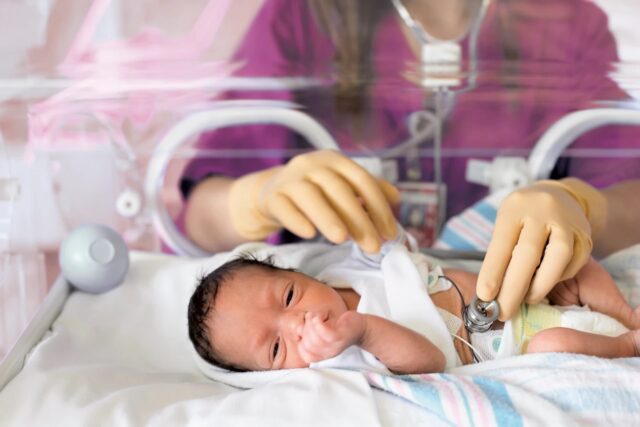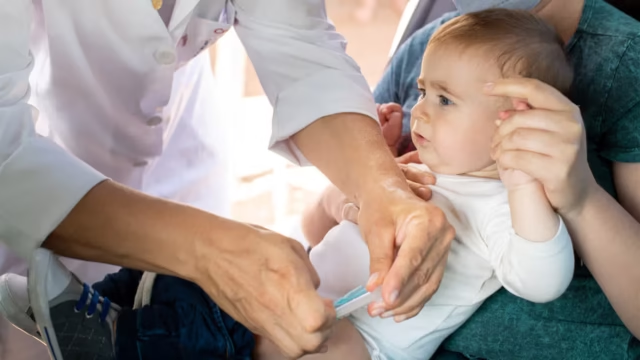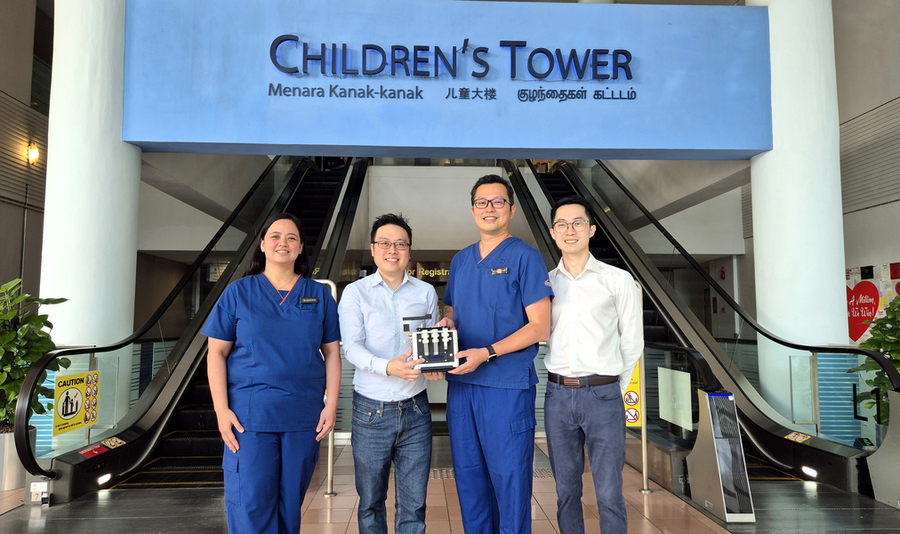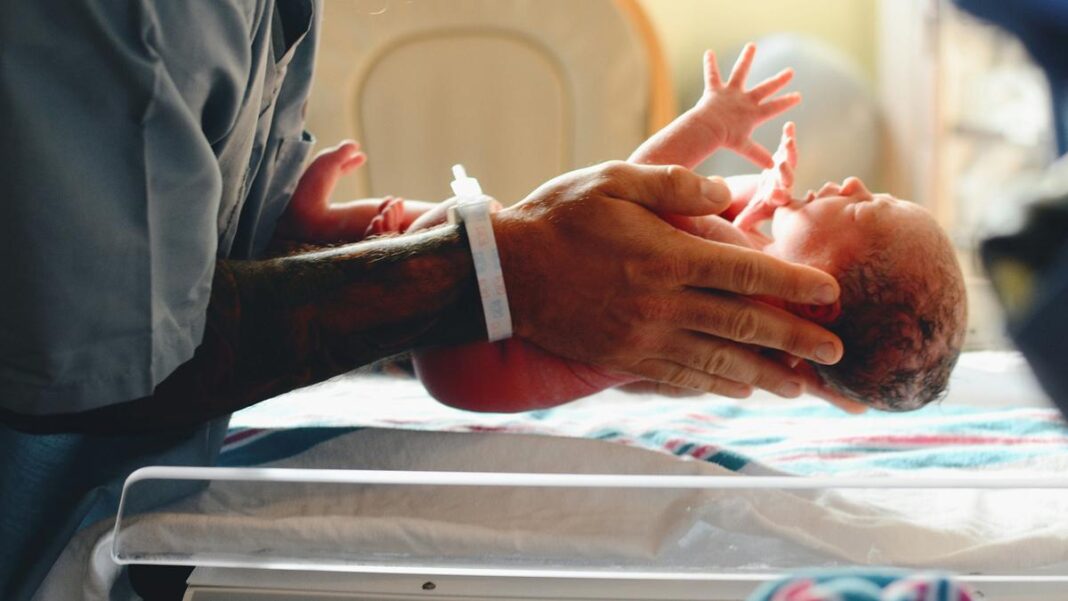Singapore-MIT Alliance for Research and Technology (SMART), in collaboration with KK Women’s and Children’s Hospital (KKH), has developed a groundbreaking device that offers real-time profiling of newborns’ immune function using just a single drop of blood.
The BiophysicaL Immune Profiling for Infants (BLIPI) system delivers fast, minimally invasive diagnostic insights into newborn immune responses — a critical advancement that could transform neonatal care, especially for premature infants.
Addressing a Critical Gap in Newborn Care
Premature babies are highly vulnerable to life-threatening conditions such as sepsis and necrotizing enterocolitis (NEC). Newborn sepsis, a bloodstream infection occurring in the first weeks of life, alone causes up to 1 million infant deaths globally each year, while NEC, a serious intestinal disease that causes severe inflammation, claims the lives of up to 50% of affected low-birth-weight babies. Diagnosing these conditions early is difficult due to vague symptoms and the rapid progression of the diseases.

Current diagnostics methods require up to 1 milliliter of blood, which is a large volume for fragile preterm infants whose total blood volume may be just 50 ml. Repeated testing risks anemia and other complications, and lab results can take hours or even days — delaying vital treatment.
At the same time, conventional tests — such as blood cultures or inflammatory panels — may take hours to days to return actionable results, limiting prompt targeted clinical interventions. The novel BLIPI offers a game-changing solution:
- Requires only 0.05 ml of blood (1/20th of conventional volume)
- Delivers results in just 15 minutes
- Enables real-time bedside immune assessment
How BLIPI Works
Published in the journal Pediatric Research, the study, “Whole blood biophysical immune profiling of newborn infants correlates with immune responses”, shows how BLIPI uses microfluidic technology to evaluate changes in immune cells — specifically, their size and flexibility — as they respond to infections.
Unlike traditional diagnostics that detect pathogens, BLIPI assesses the immune system’s behavior, offering a more immediate and functional insight. The results align with established clinical markers like:
- C-reactive protein (CRP)
- White blood cell (WBC) counts
- Immature-to-total neutrophil ratios
The device was tested on 19 newborns (8 full-term, 11 preterm) multiple time points and successfully identified immune differences, including a significant change in one infant who developed a serious blood infection — showcasing its early-detection potential.
Designed for the NICU and Beyond
BLIPI is portable device and delivers results at the cot side, making it ideal for neonatal intensive care units (NICUs), especially in resource-limited or rural settings where laboratory infrastructure may be lacking.

Significantly, BLIPI needs just one drop of blood, and 1/20 the blood volume than what existing methods require. These swift results can help clinicians make timely, lifesaving decisions in critical situations such as sepsis or NEC, where early treatment is vital.
“Our goal was to create a diagnostic tool tailored to neonatal care — minimal blood volume, rapid results, and high sensitivity,” says Kerwin Kwek, research scientist at SMART CAMP and AMR, and co-lead author.
“BLIPI exemplifies how microfluidics can revolutionize point-of-care diagnostics — rapid, precise, and patient-centric,” adds Professor Jongyoon Han, MIT, co-lead principal investigator at SMART.
“For the tiny premature babies we care for at KKH, BLIPI enables real-time insights from just a finger or heel prick. It helps us make faster, more precise decisions to give these infants the best chance at a healthy start,” says Dr. Yeo Kee Thai, senior consultant, Department of Neonatology, KKH, and senior author of the study.
Future research will now focus on larger clinical trials to validate BLIPI’s diagnostic accuracy across diverse neonatal populations with different age groups and medical conditions. The researchers also plan to Refine the device design for global hospital deployment, bringing a much-needed diagnostic solution for vulnerable infants.
Beyond hospitals, they will explore BLIPI’s use in clinical trials by pharmaceutical companies to monitor immune responses in real time.
The research conducted at SMART is supported by the National Research Foundation Singapore under its Campus for Research Excellence and Technological Enterprise program. This collaboration exemplifies how Singapore brings together institutions as part of interdisciplinary, multi-institution efforts to advance technology for global impact.
The work from KKH was partially supported by the Nurturing Clinician Scientist Scheme under the SingHealth Duke-NUS Academic Clinical Programme.




